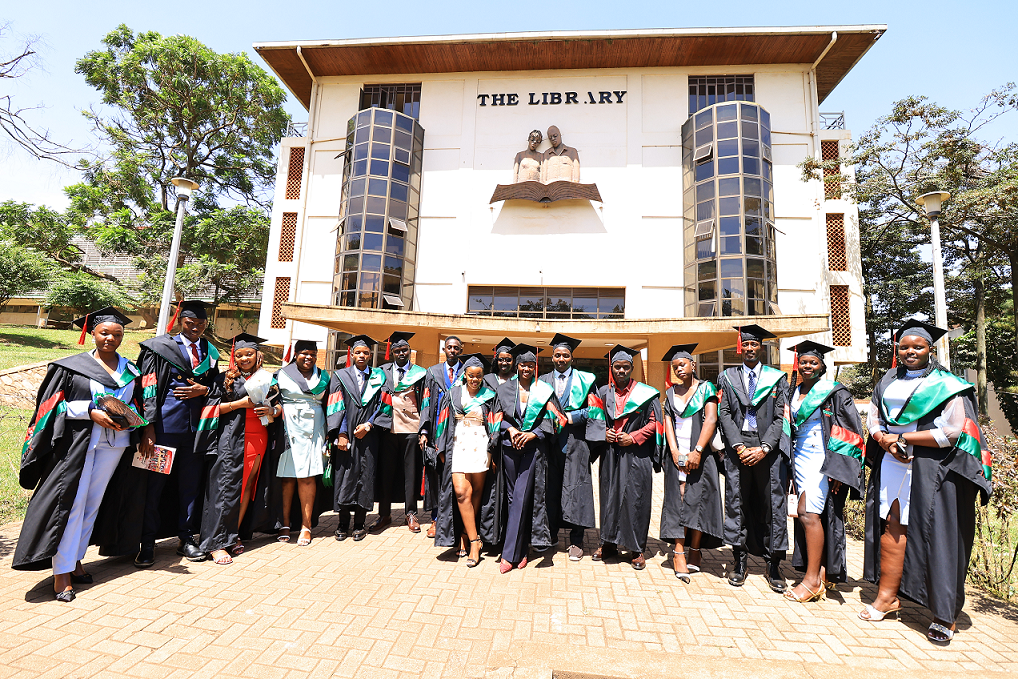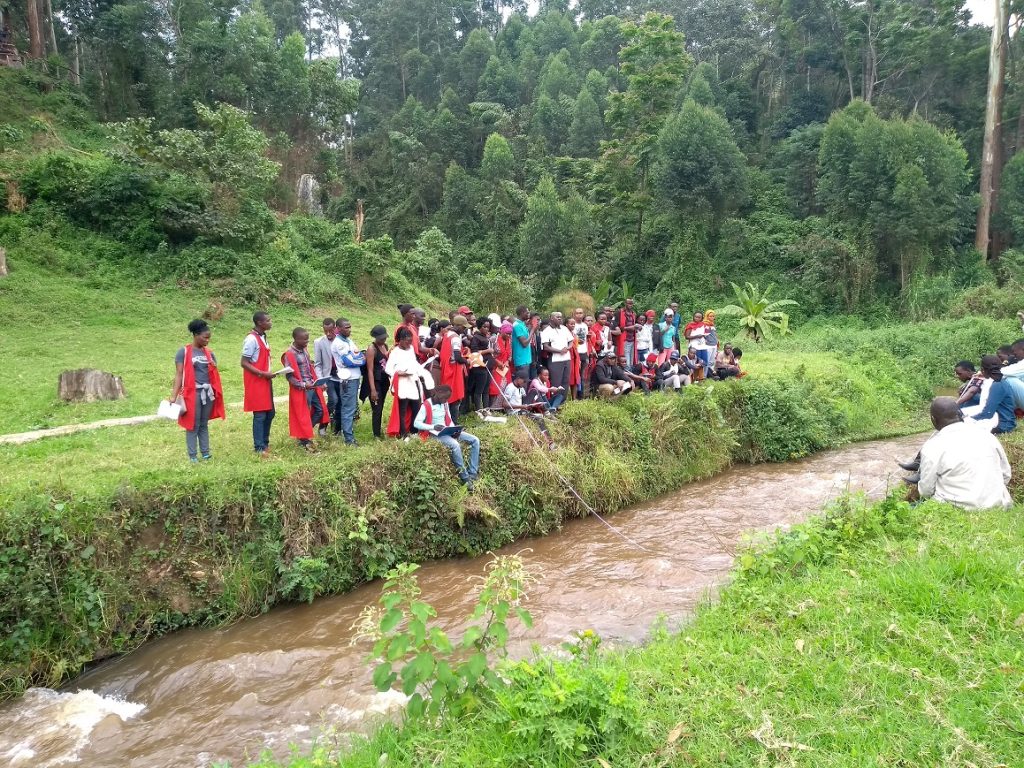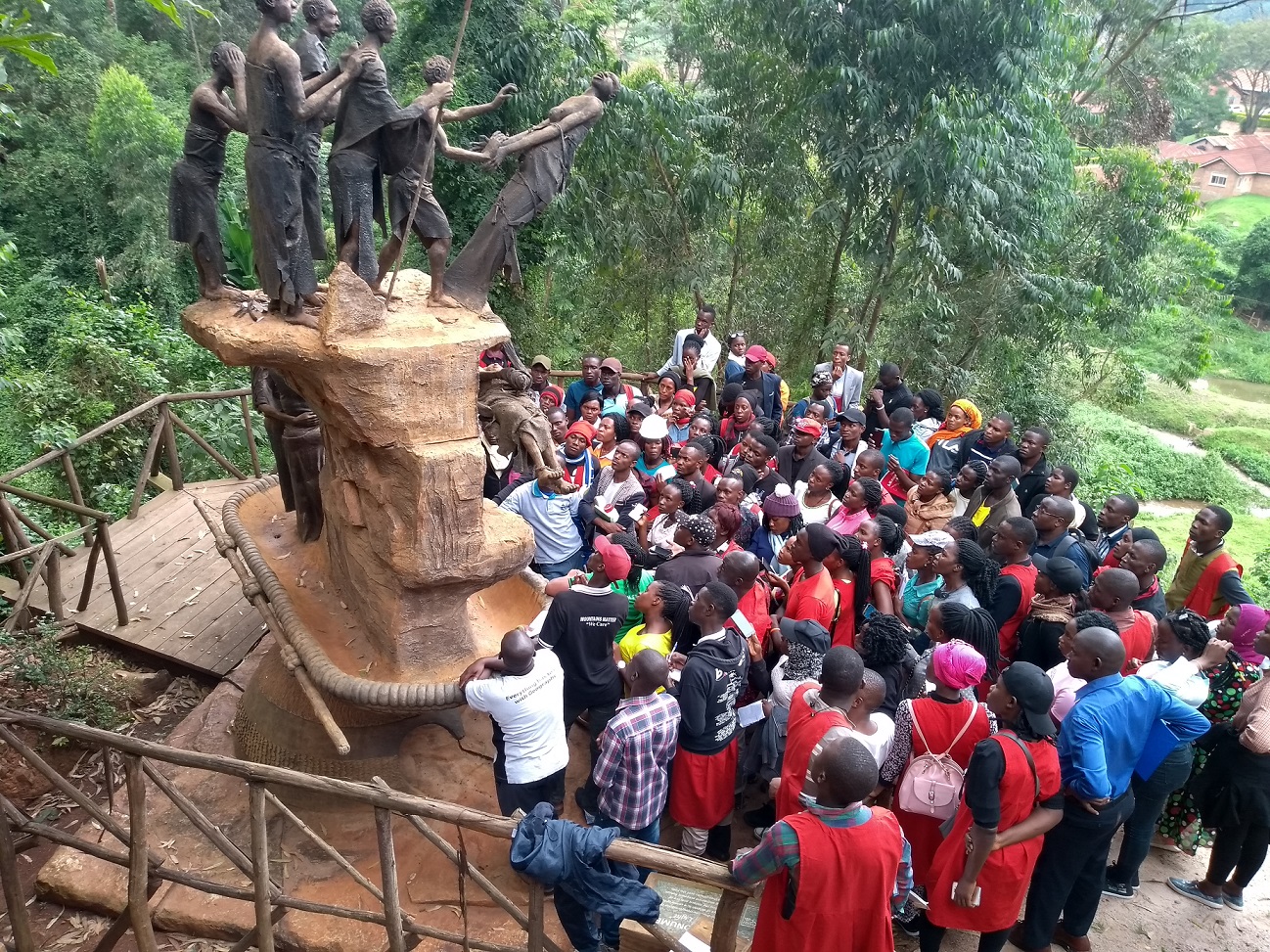Bachelor of Geographical Sciences (3 years).
|
Programme Overview Geography is the integrated study of the earth’s landscapes, peoples, places and environments. It offers revealing insights into some of the most pressing problems currently facing humanity. It is unique in bridging the social sciences (human Geography) with its understanding of the dynamics of cultures, societies and economies on one hand, and the earth sciences (physical Geography) the dynamics of physical landscapes and environmental processes. While each of the two broad areas of physical and human Geography exists in their own right, the subject also combines them to provide a much-needed capability to study and understand interactions between people, and between people and the physical environments. This is the core of Geography and an important entry point for sustainability. In its role as an integrating discipline, Geography provides an ideal framework for relating to other fields of knowledge. Those trained as geographers often contribute substantially to the applied management of resources and environments. Geographers are concerned with the distribution and patterning of physical and human phenomena in earth space, including the nature and magnitude of human impact on natural environments. Protecting sustainable environments and managing the earth’s valued resources of land, water and air, which are of vital, interest to geographers. The geographic concepts of place and landscape provide a framework for understanding the role of culture in the evolution and development of urban and rural landscapes. Political, social and economic processes, when examined from a spatial (geographic) and temporal (historical) perspective, enable students to appreciate and understand the dynamic processes associated with the development of local and regional landscapes. This programme is designed to offer students areas in which one can specialize while maintain a breadth of knowledge in other geographical fields of study. General Objective To train geographers who are knowledgeable and skilled in a geographic area of investigation that contributes to sustainable development and promotes earth stewardship. Specific Objectives Innovative Aspects of the Programme a)A wide range of course units and specializations for the students to choose from, so they can focus on the areas that interest them and tailor the course to fit with their career plans. b)The programme continues to service the needs of other colleges and schools. Specific attention have been given to the College of Education and External Studies on the Bachelor of Arts (with Education) programme, College of Humanities and Social Sciences on the Bachelor of Arts (Arts) and Bachelor of Arts (Social Sciences) programme. c)The Department has built special links with universities internationally to give students the chance to spend a semester studying abroad to learn, comprehend and manage geography challenges from other perspectives. d)The programme covers a broad range of topics in both physical and human geography. The graduates on the programme are well prepared for a variety of careers in, for example, education, environmental consultancies, policy development, local, district, and national government, and research organizations. Additionally, transferable skills are developed which are in wide demand within the science and non-science sectors of the economy. e)The program is designed with a strong hands-on component and practical elements interwoven into all the proposed courses, including dedicated field-based studies in Uganda and across the East African region.  Contact: |
 Admission Requirements 1.Direct Entry: Candidates seeking admission through this avenue must have obtained the minimum weighted points set by the University Admissions Board. They should have at least two Principal passes at Advanced level. 2.Diploma Entry Scheme: A candidate may be admitted if she/he has a National Diploma or its equivalent of at least a Second Class standing or equivalent in Education with either ‘Geography, Biology, chemistry or Physics’ as a teaching subjects from a recognized institution. 3.Mature Age Entry Scheme: Candidates may be admitted under the mature age entry scheme after passing the University entry examinations in Aptitude and Specialized Knowledge.  For purposes of computing entry points, the Advanced Level subjects shall be grouped and weighted as follows:
Duration: BGS is a three – year DAY programme conducted through Coursework and Examinations over a THREE year period (six Semesters). The duration of each semester is seventeen weeks (17 weeks). Examination Regulations: Graduation Load and Award of Degree:
The degree awarded to the successful candidate is designated as: Bachelor of Geographical Sciences: (Specialization in either; |

